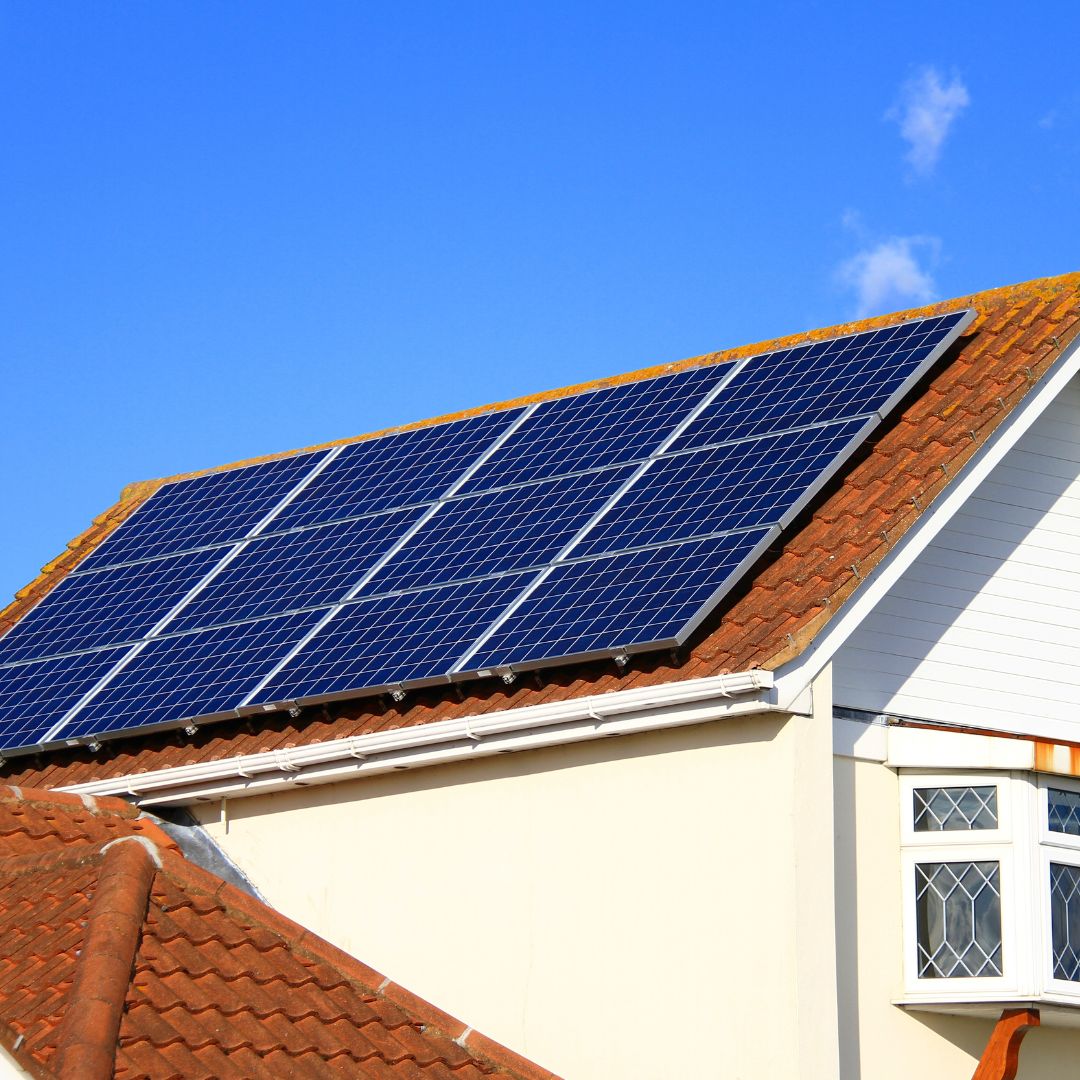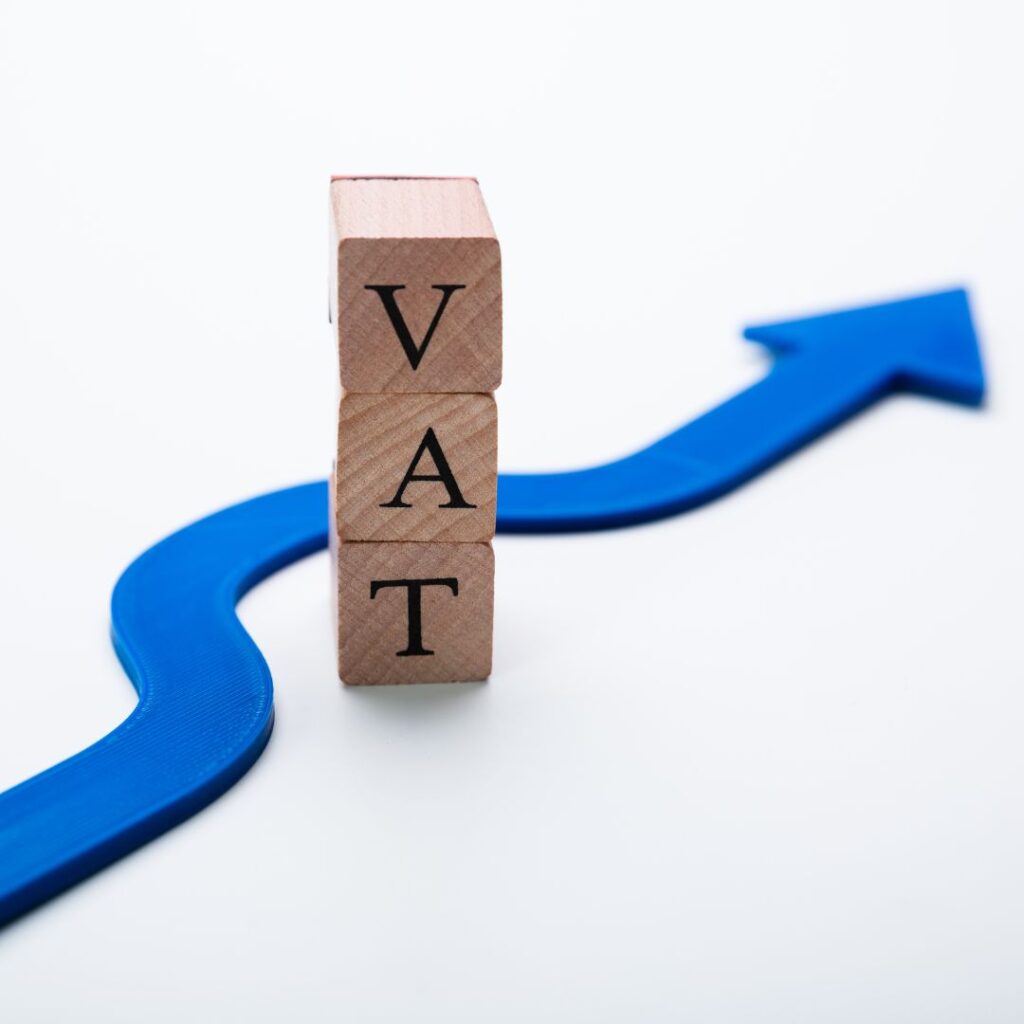In a significant move to promote sustainable energy solutions, the UK government has recently announced a favorable update regarding Battery Storage Installation. Starting from 1st February 2024, retrofitted battery energy storage systems (BESS), a key component in modern energy management, will be exempted from the standard 20% VAT. This decision marks a progressive step towards making energy-efficient technologies more accessible to the public.
Reflecting on the Spring Statement of 2022, the government had already exempted energy-saving domestic equipment like heat pumps and roof-mounted solar panels from VAT. Initially, BESS were only exempt when installed alongside other energy-saving materials, such as solar panels. However, this latest announcement extends the exemption to retrofitted BESS, even when they are installed independently. This change not only makes the installation of standalone battery storage systems like the Tesla Powerwall more cost-effective but also encourages their wider adoption across the UK.
How does battery storage work?
A battery storage system, when paired with solar panels, enhances the efficiency and utility of solar energy. Here’s how this combination works:
- Solar Energy Collection: Solar panels, installed typically on the roof, collect energy from the sun. This energy is in the form of direct current (DC) electricity.
- Conversion to Usable Electricity: The DC electricity generated by the solar panels is then converted into alternating current (AC) electricity by an inverter. AC electricity is the standard electrical current used in homes and businesses.
- Powering the Home: Once converted, this AC electricity is available for immediate use to power electrical devices in your home.
- Excess Energy Storage: Often, solar panels produce more electricity than is needed at the moment, especially during peak sunlight hours. This excess energy can be stored rather than wasted. This is where the battery storage system comes in. It stores the surplus solar energy as DC electricity.
- Energy Use During Low Sunlight: When the solar panels are not generating electricity, like during the night or on cloudy days, the stored energy in the battery can be used. The inverter will convert this stored DC electricity back into AC electricity for use in your home.
- Energy Independence and Efficiency: This combination of solar panels and a battery storage system allows for greater energy independence, as you are not as reliant on the grid. It also increases the efficiency of your solar energy system, as less energy is wasted and more is available when you need it, regardless of the time of day or weather conditions.
- Grid Interaction: In systems integrated with the grid, excess electricity can also be sent back to the grid (net metering), and you can draw from the grid when your solar system and battery cannot meet your energy needs.
- Energy Management and Monitoring: Many modern battery storage systems come with smart technology that allows you to monitor and manage your energy use, further optimizing your solar energy consumption and reducing reliance on the grid.
A popular example of such a battery storage system is the Tesla Powerwall, which is designed to work seamlessly with solar panels, providing efficient energy storage and management. This combination is increasingly popular in residential and commercial settings due to its potential for cost savings, increased energy independence, and contribution to a more sustainable energy future.

Is Battery Storage now VAT Free?
As of February 1st 2024 VAT will no longer be charged on battery storage systems. The push for this exemption came from members of the energy industry, including influential groups like the Association for Renewable Energy & Clean Technology (REA). Their advocacy highlights the importance of aligning battery storage with other energy-saving materials in terms of tax treatment. This alignment was a key recommendation in their ongoing dialogue with the government, though it was not initially included in the Battery Strategy published in the Autumn Statement of the previous year.
The government’s decision followed a consultation on expanding VAT relief on energy-saving materials, first announced in the 2022 Spring Statement. The consultation’s outcome was clear: battery storage technology meets all the objectives for VAT relief and thus qualifies for the same when either retrofitted to a qualifying energy-saving material or installed as a standalone technology connected to the grid.
Dr. Nina Skorupska CBE, the chief executive of the REA, expressed gratitude for this extension, recognizing it as a long-awaited equalization in tax treatment for battery storage. She also proposed that the government should consider extending VAT exemptions to other areas, such as thermal storage and electric vehicle (EV) charge points.
Chris Hewett, the chief executive of Solar Energy UK, echoed these sentiments, emphasizing the significant impact of this decision on sustainable energy in the UK. He noted that the installation of a battery energy storage system, like the Tesla Powerwall, can substantially increase the savings from a home solar installation. Given the current energy prices, retrofitting a BESS is a smart and financially sound decision for homeowners.
Supporting Sustainable Energy
This policy change not only supports the growth of sustainable energy solutions but also signifies the UK government’s commitment to fostering a greener, more energy-efficient future. By making technologies like the Tesla Powerwall more accessible, the UK is taking a crucial step in its journey towards energy independence and environmental sustainability.
If you are thinking of adding battery storage to your Solar Energy system or are looking to simply have a stand alone battery storage system installed, please get in touch for more information. We are always happy to help and discuss the available options to you and can advise on a number of different brands to find the perfect system for your home.

